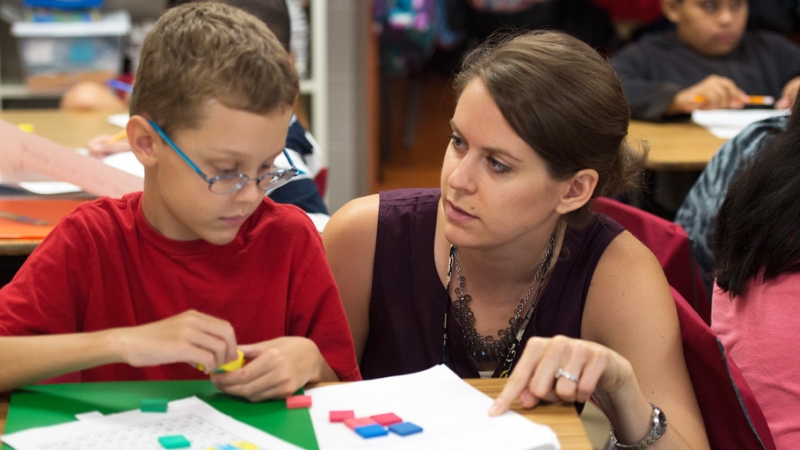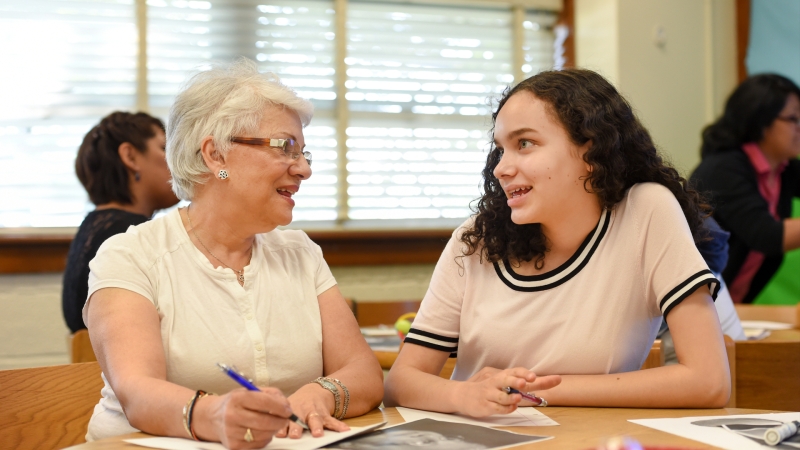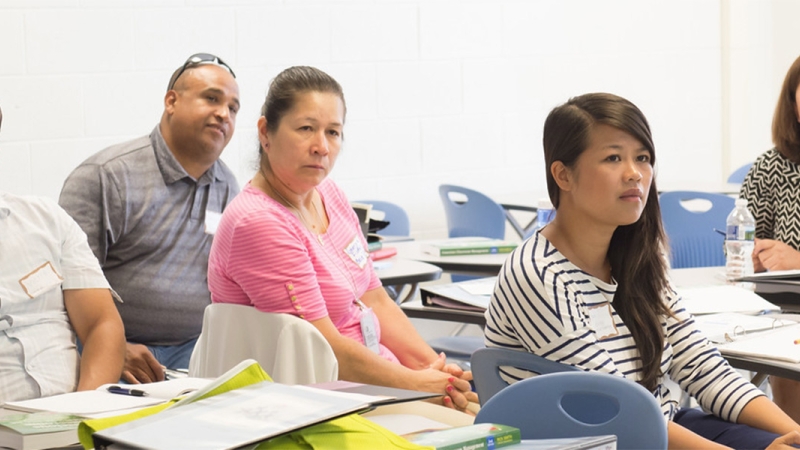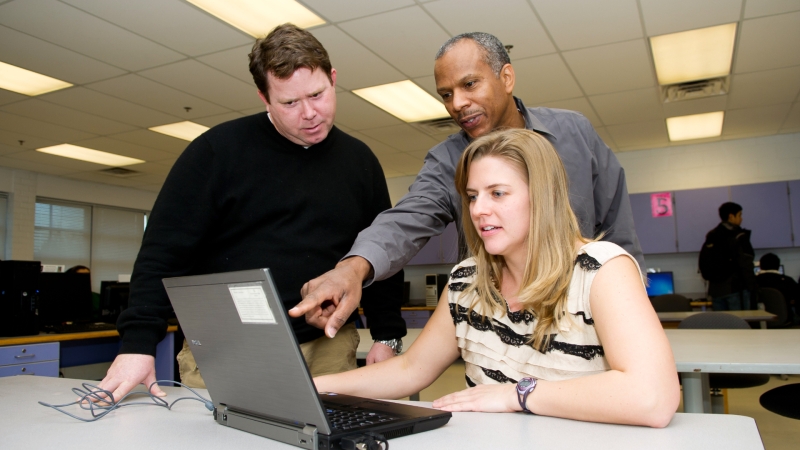
Instructional Specialist - Instructional Coaching
Instructional coaches serve in the role of an instructional specialist when they work with teachers to plan for high-yield instructional strategies to use in the classroom with students.
To work effectively with teachers, coaches must demonstrate that they believe that all students can learn...Coaches are most effective when they believe teachers have the knowledge and skills or want to learn the knowledge and skills to eliminate the achievement gap between different groups of students.
- Joellen Killion and Cindy Harrison; Taking the Lead
The Role of the Instructional Specialist:
As an instructional specialists, coaches help teachers select and implement the most appropriate strategies to meet the learning needs of all students. This role is frequently combined with classroom supporter; coaches often plan with teachers then demonstrate, co-teach, observe and offer feedback to teachers.
- Joellen Killion and Cindy Harrison; Taking the Lead
Here are some ways that FCPS Instructional Coaches serve in this role:
- Planning with teachers as partners.
- Reflecting on instructional practices.
- Collaborating with teachers to make decisions about appropriate resources for instruction.
- Sharing ideas for differentiating instruction.
- Building capacity in teachers in instructional areas (e.g., developing formative assessments to inform instruction).
- Examining student engagement and increasing higher level thinking and discourse.

School Leader
Instructional coaches serve in the role of a school leader when they share the school vision, align their professional goals with school and district goals, and share responsibility for the school’s overall success.

Classroom Supporter
Instructional coaches serve in the role of a classroom supporter when they work inside classrooms to help teachers implement new ideas through demonstration, co-teaching, or observation and feedback.

Curriculum Specialist
Instructional coaches serve in the role of a curriculum specialist when they collaborate with teachers to develop an understanding around their curriculum in order to provide the best instruction to their students.

Catalyst for Change
Instructional coaches serve in the role of a catalyst for change when they question the status quo, always seeking to provide the best educational experience for students.

Learning Facilitator
Instructional coaches serve in the role of learning facilitators when they train teachers in new instructional strategies, facilitate whole school professional development opportunities, and support the work of collaborative learning teams.

Data Coach
Instructional coaches serve in the role of a data coach when they analyze data to make informed instructional decisions to meet the needs of all learners.

Staff Mentor
Instructional coaches serve in the role of a mentor as they continue to build trusting relationships with the staff in a school to develop partnerships with all stakeholders.

Learner
Instructional coaches serve in the role of a learner who model continual improvement, reflect on their work by seeking and graciously receiving feedback, experimenti with new ideas, and use what they learn to help all teachers and students achieve.

Resource Provider
Instructional coaches serve in the role of a resource provider when they support teachers in developing the knowledge of available resources, such as curriculum and instructional resources.